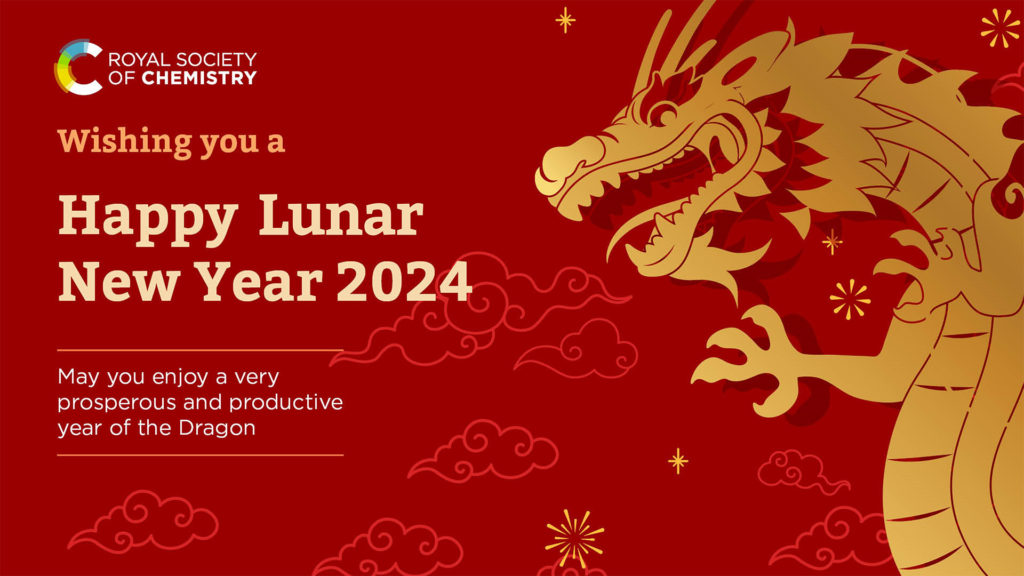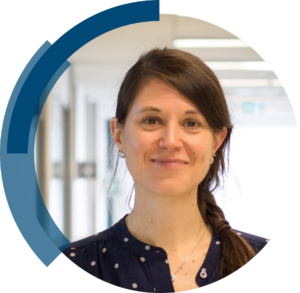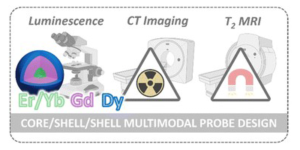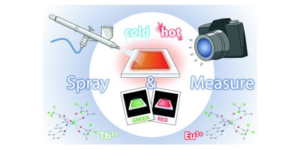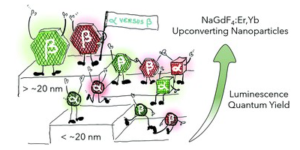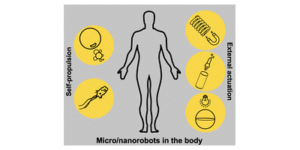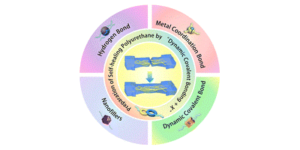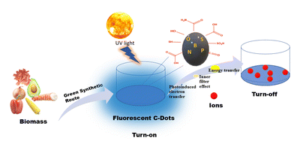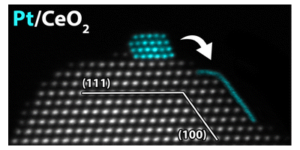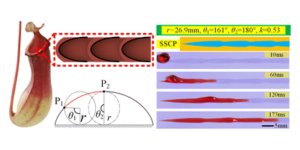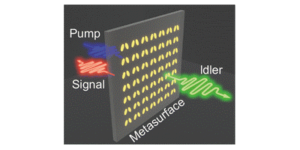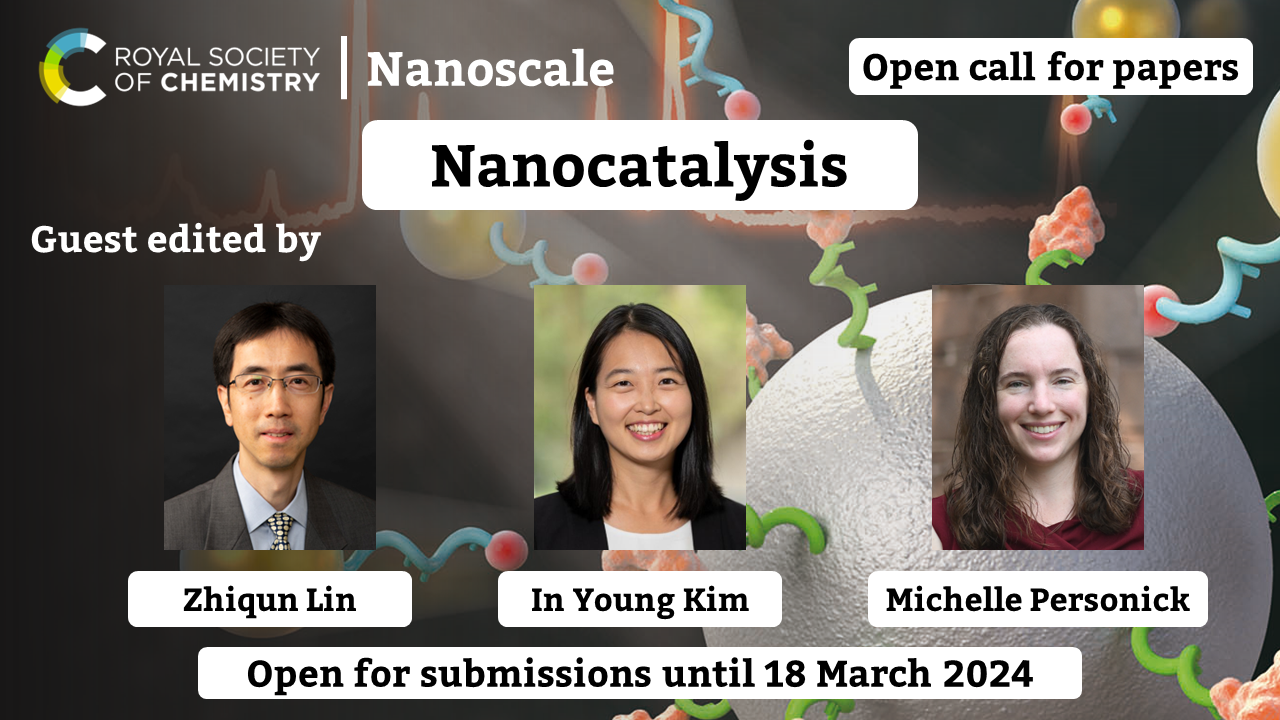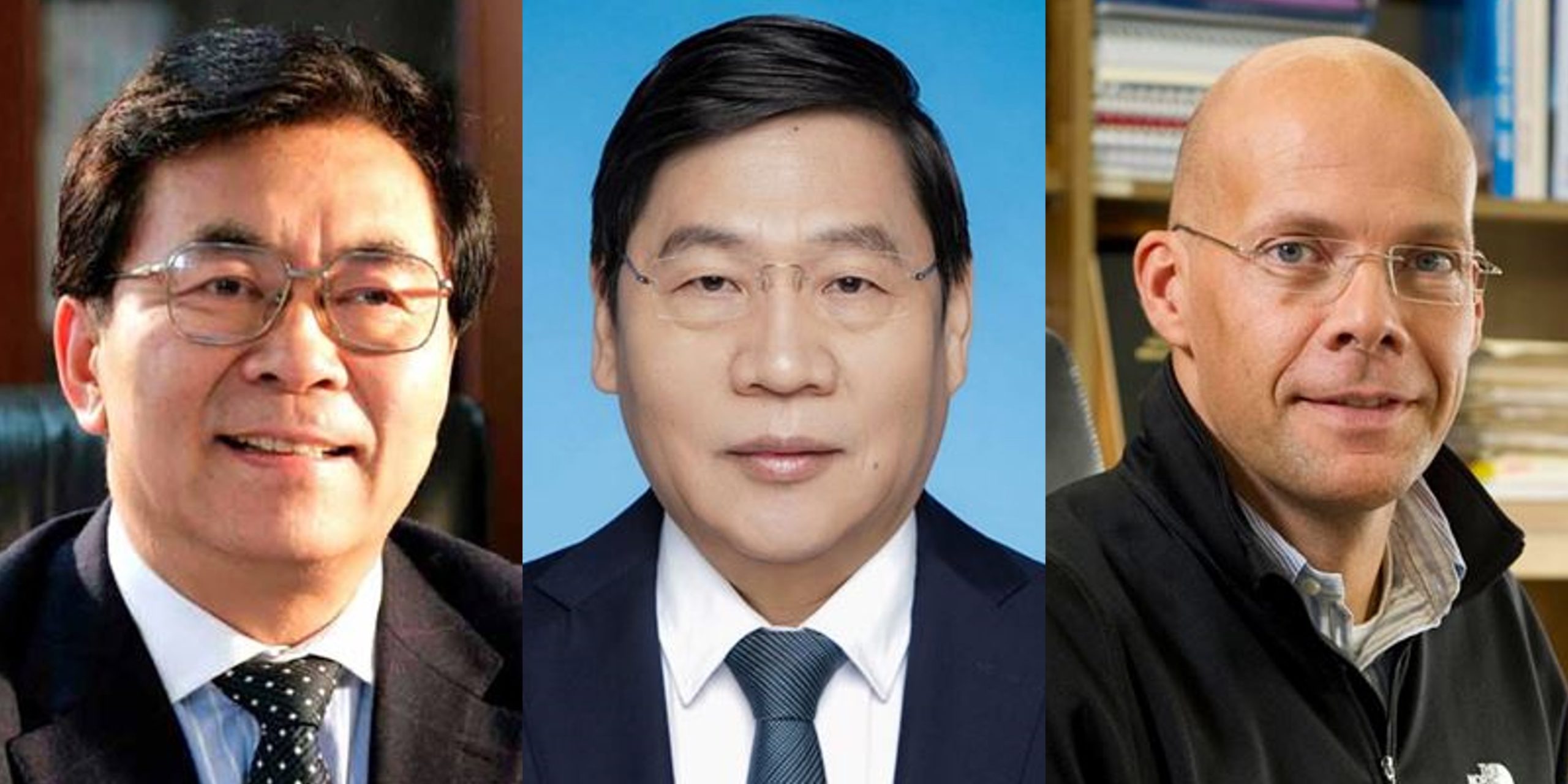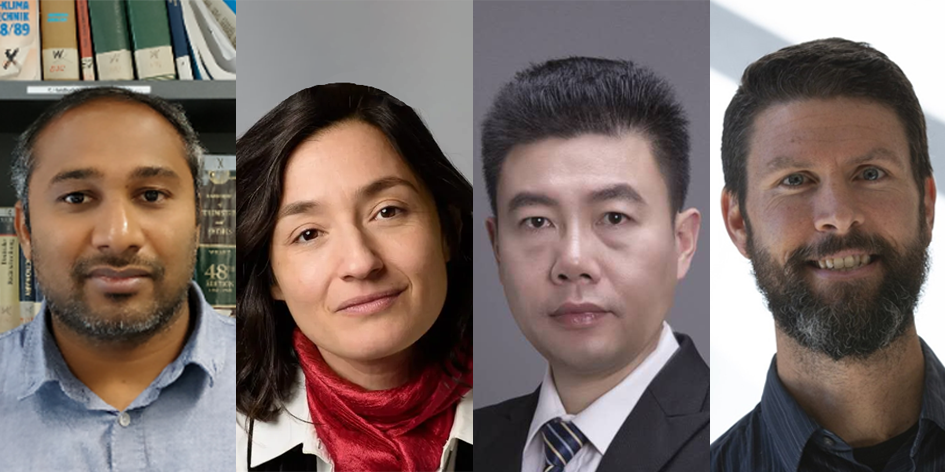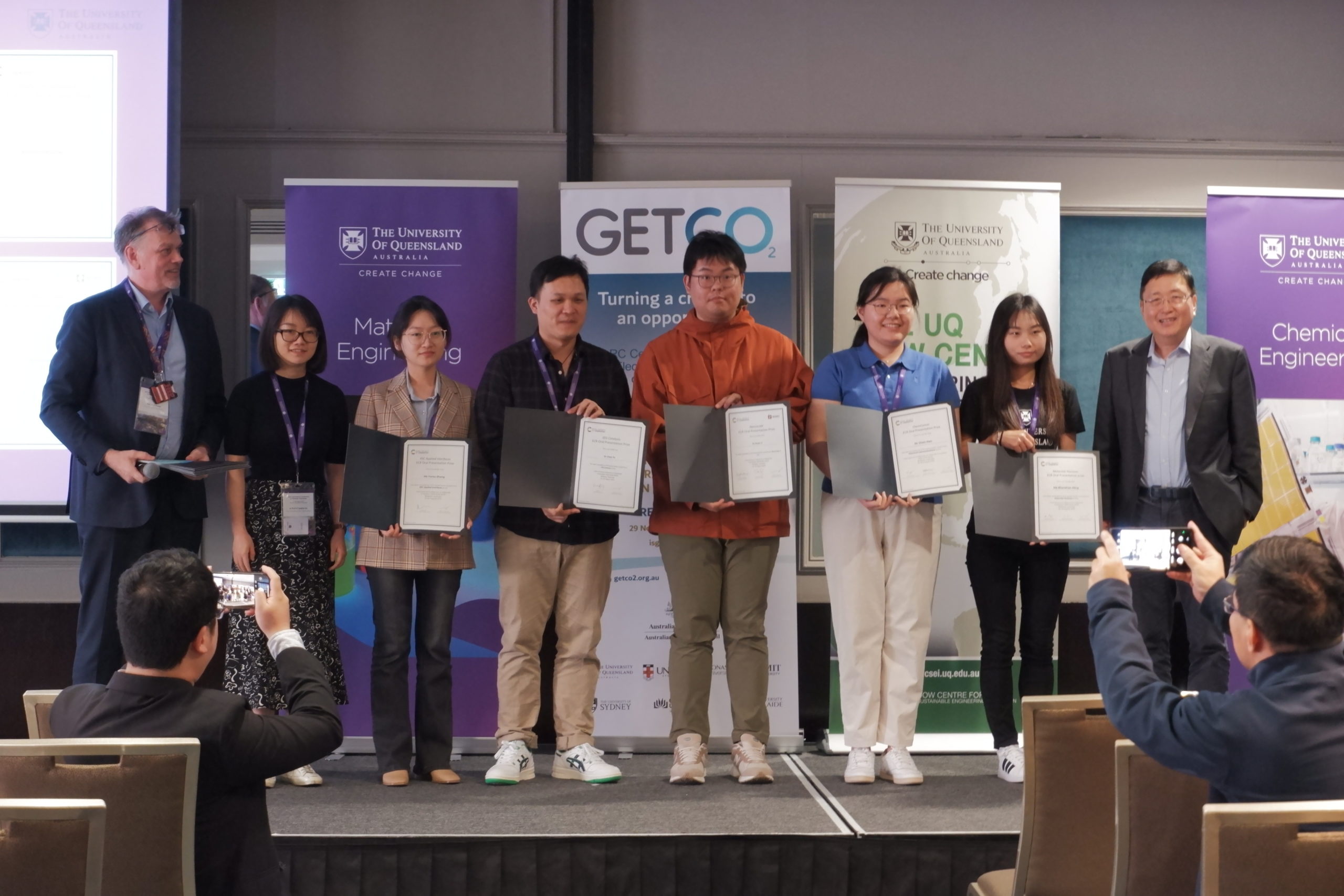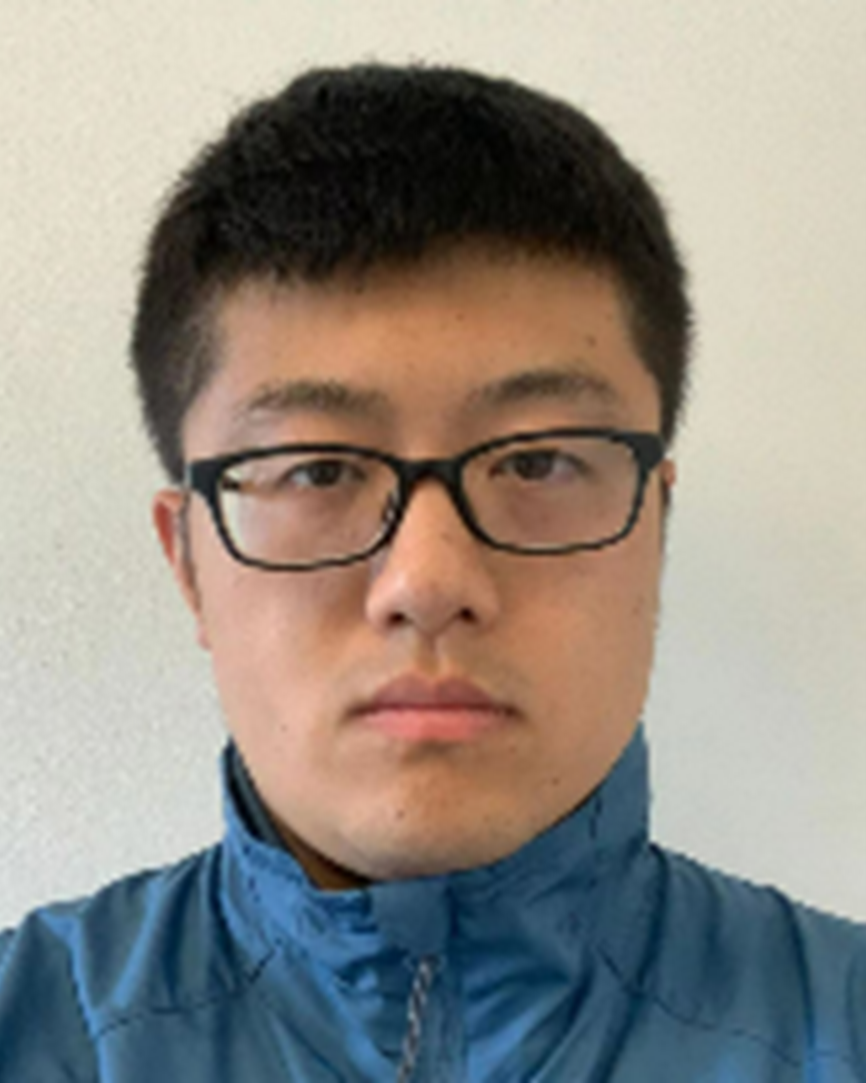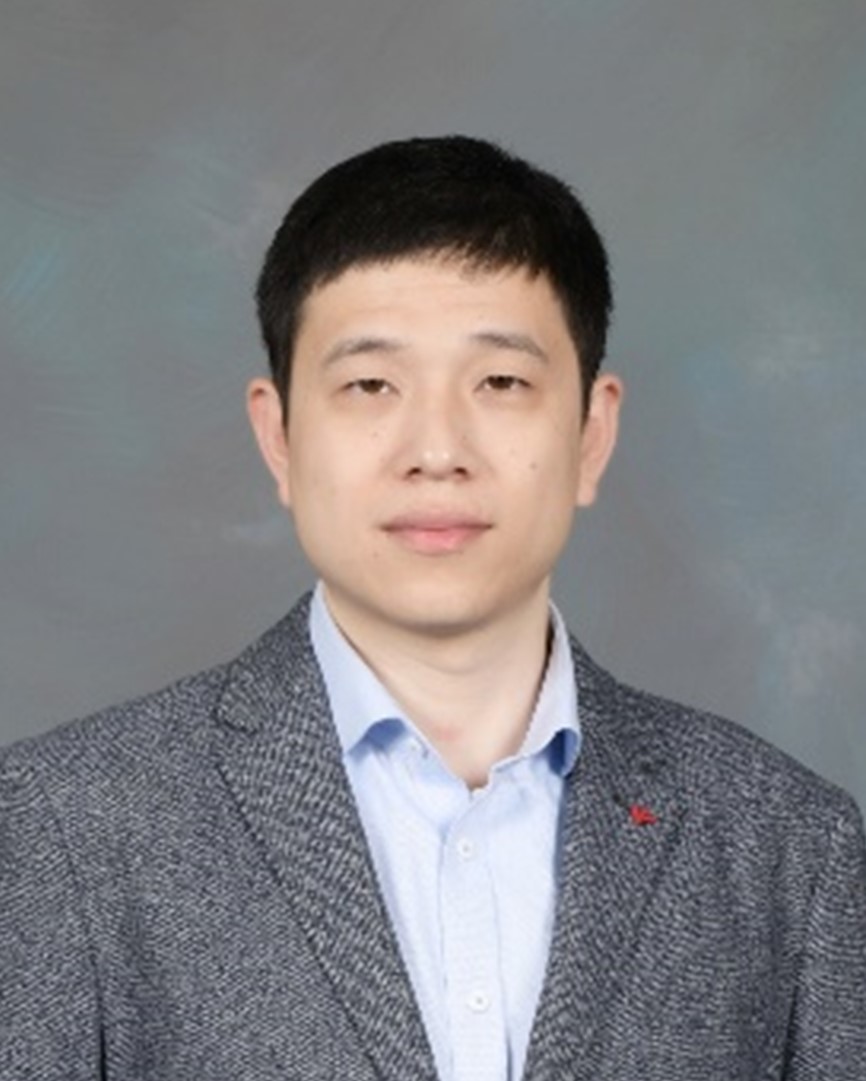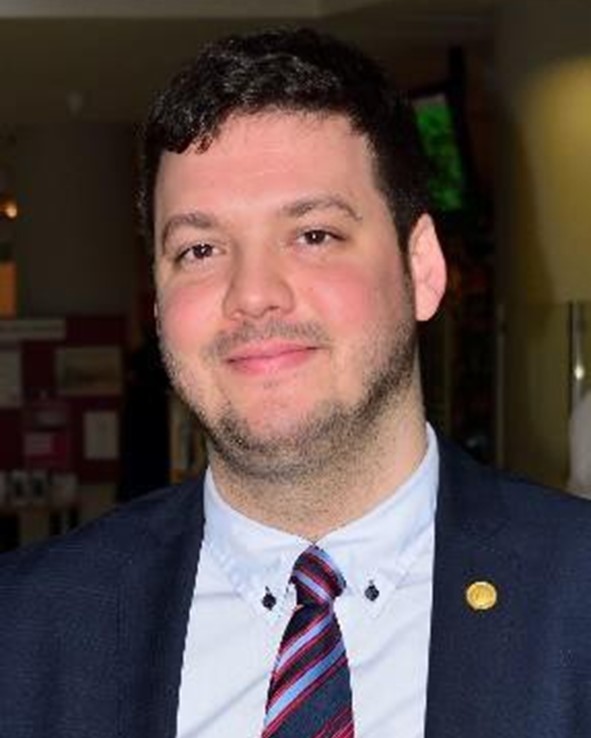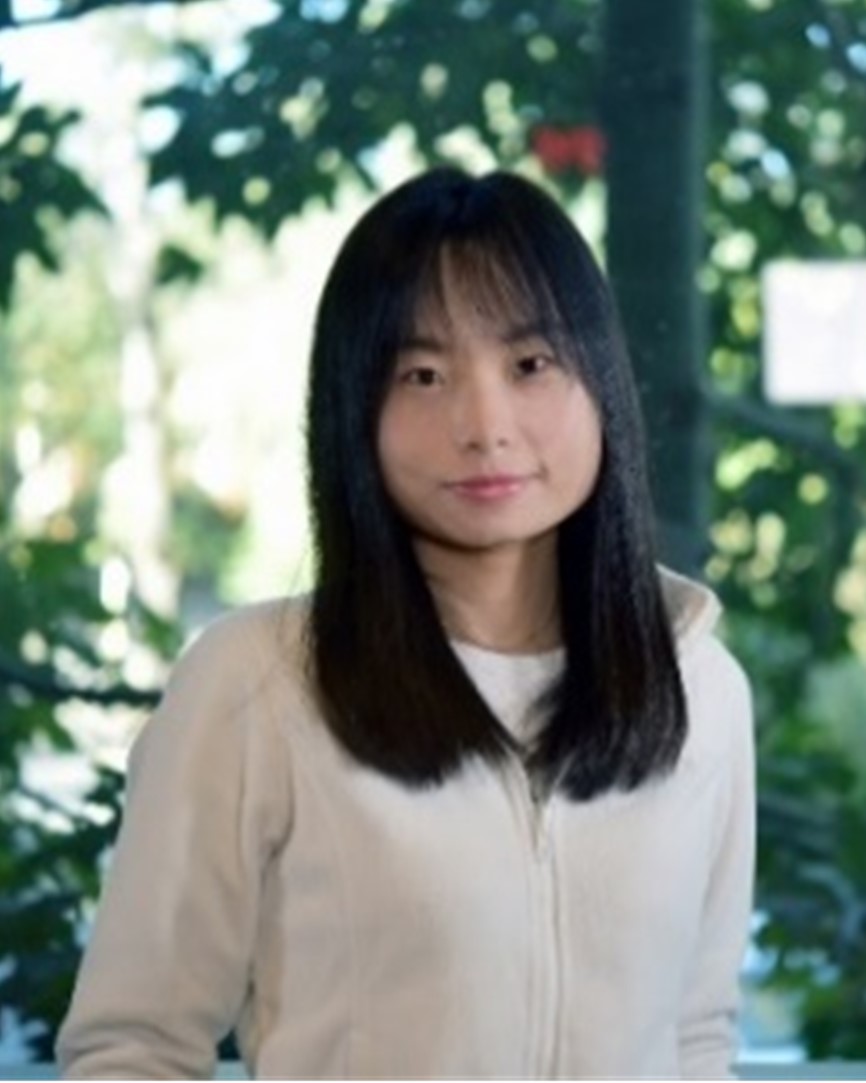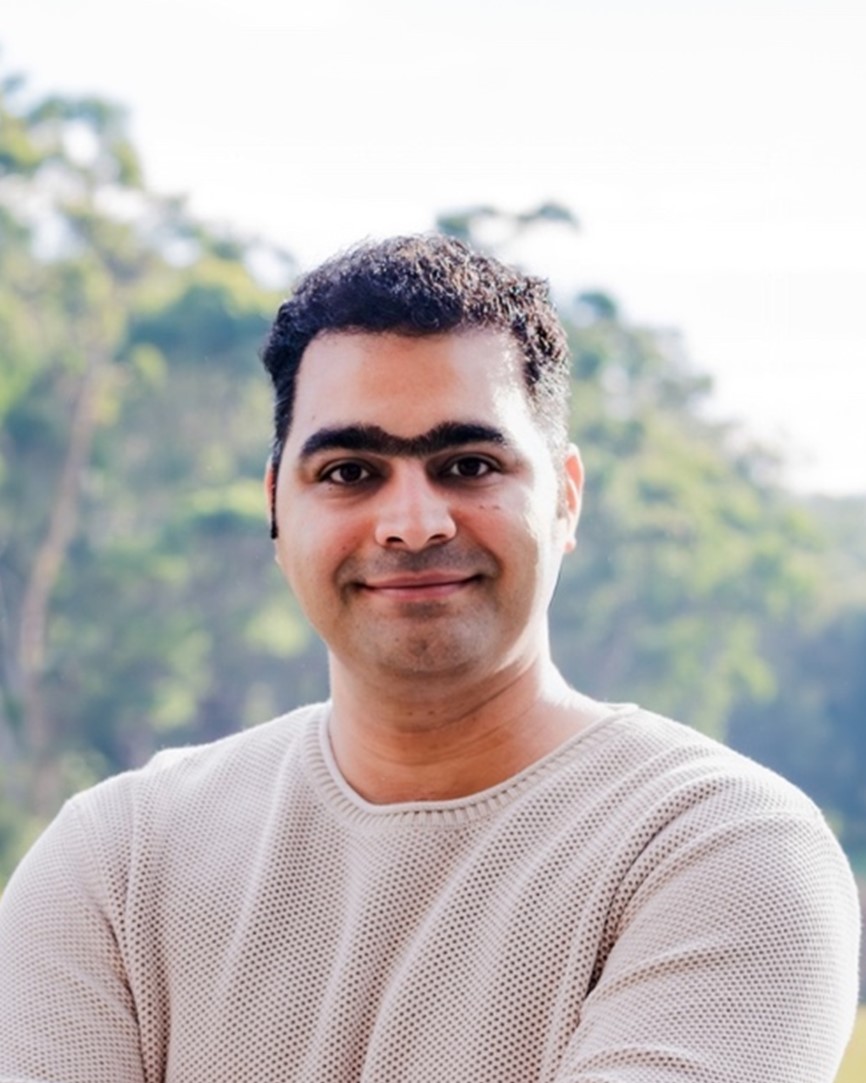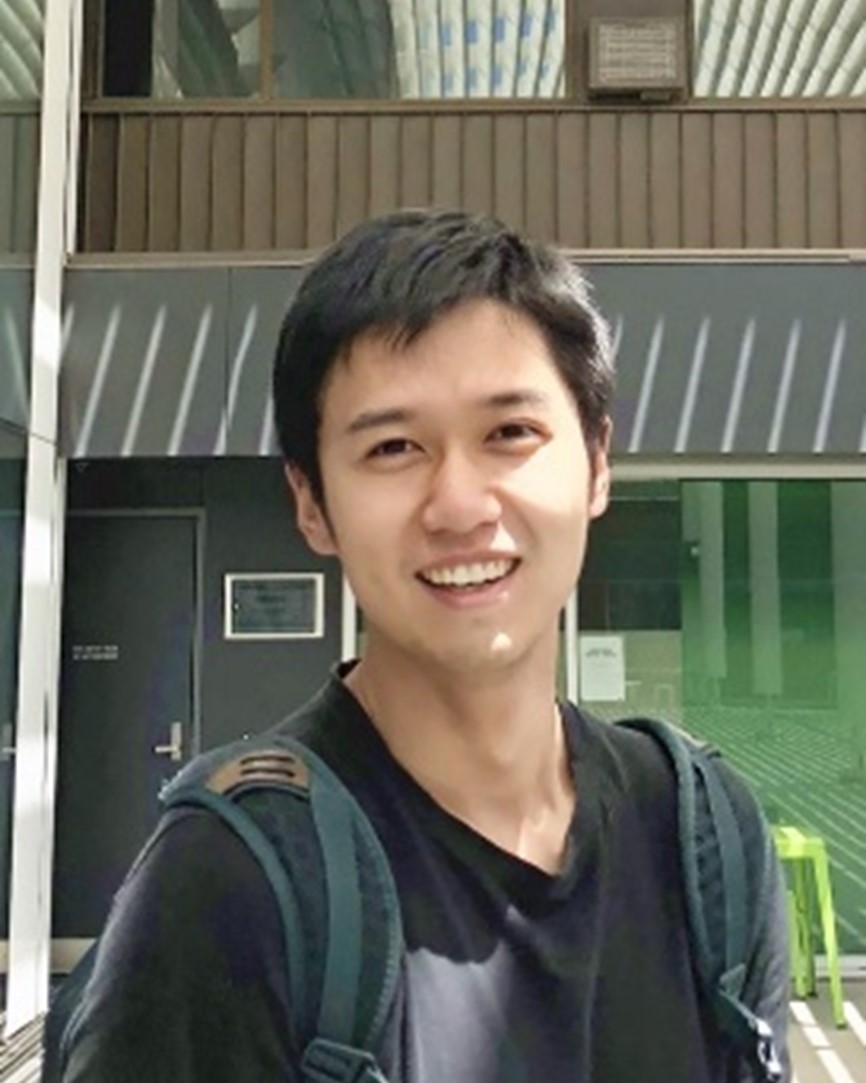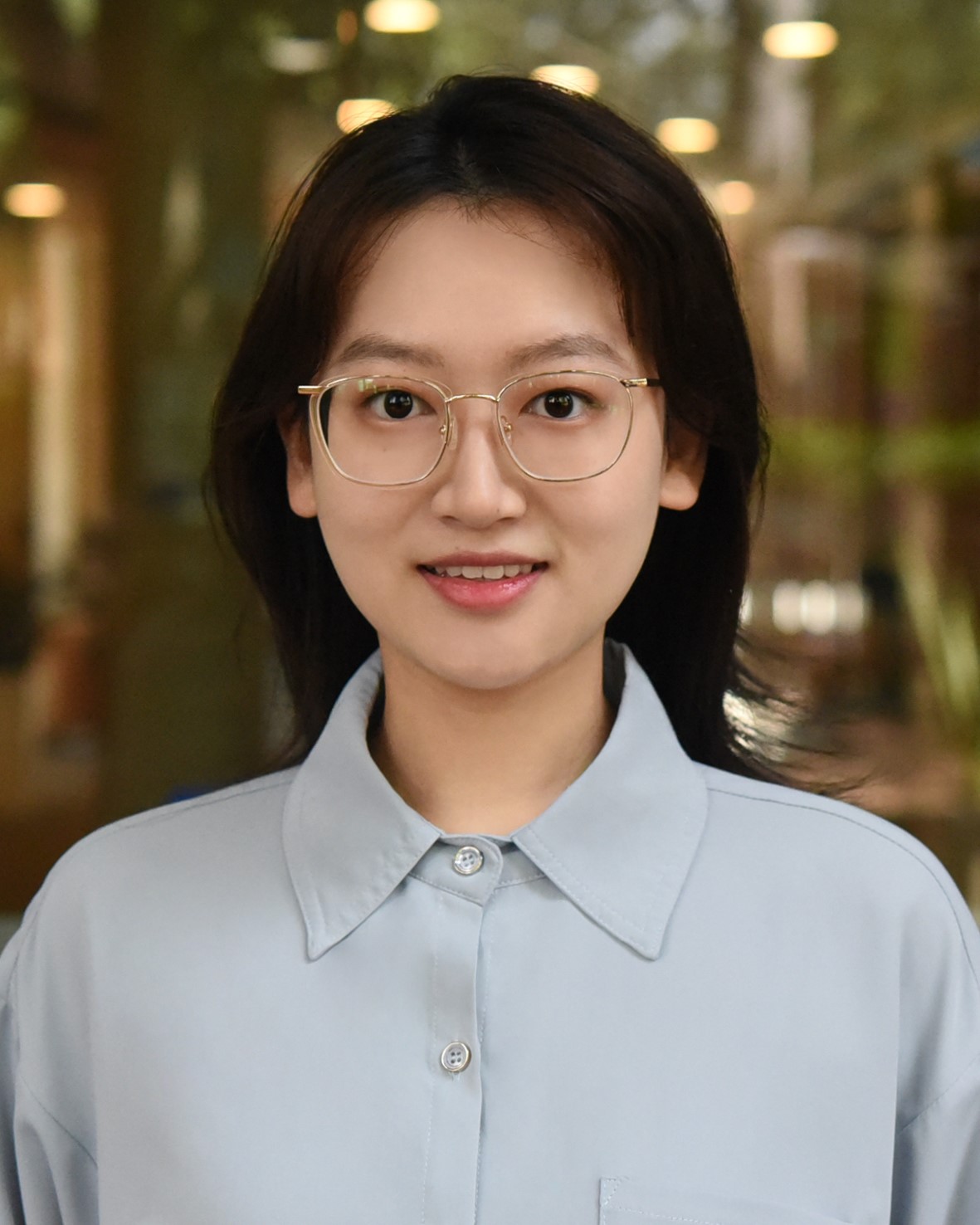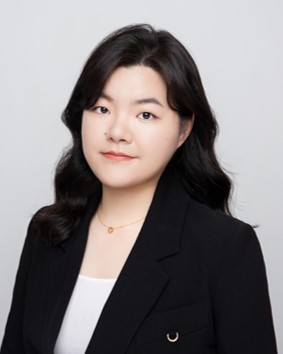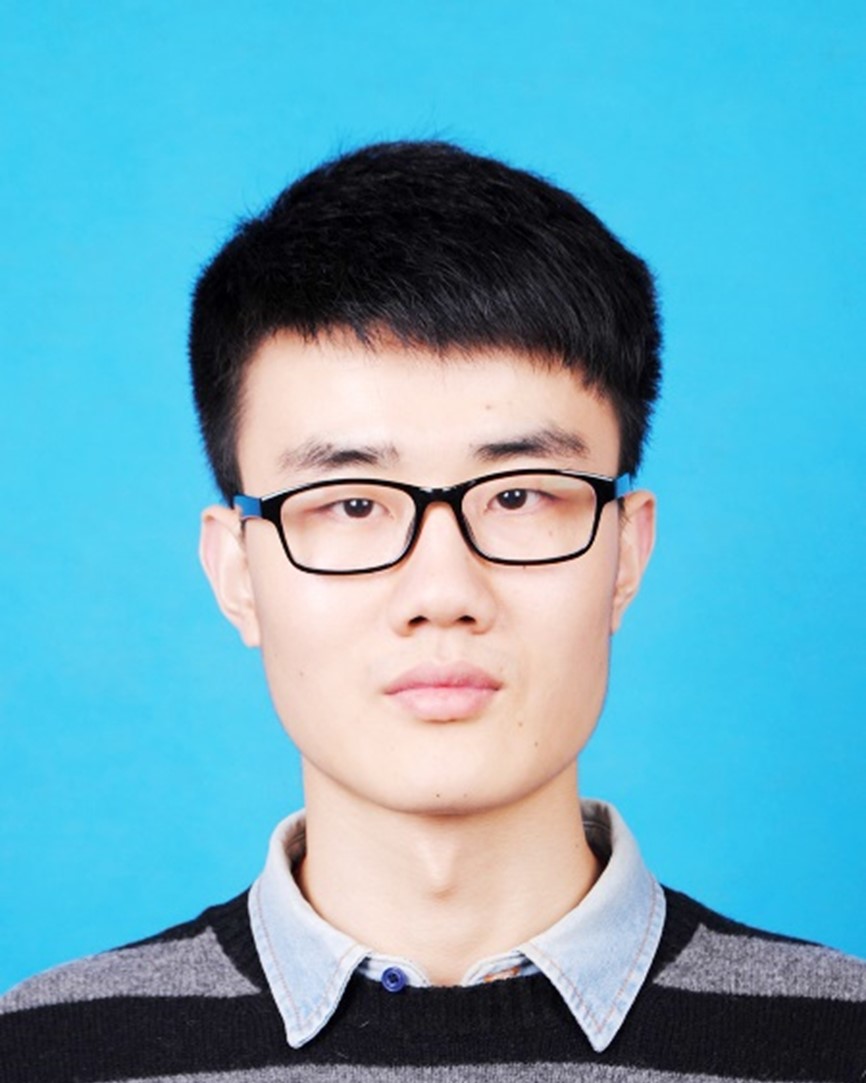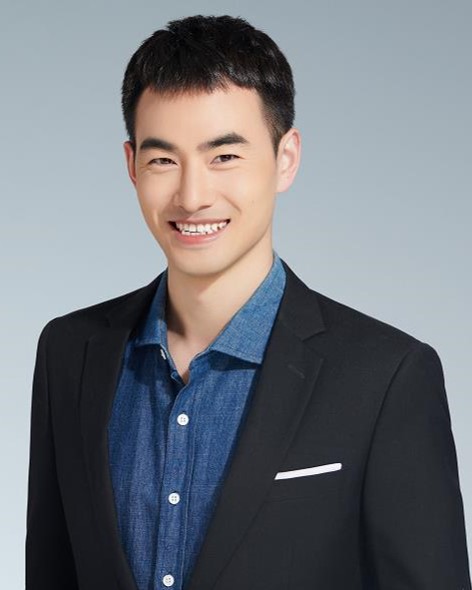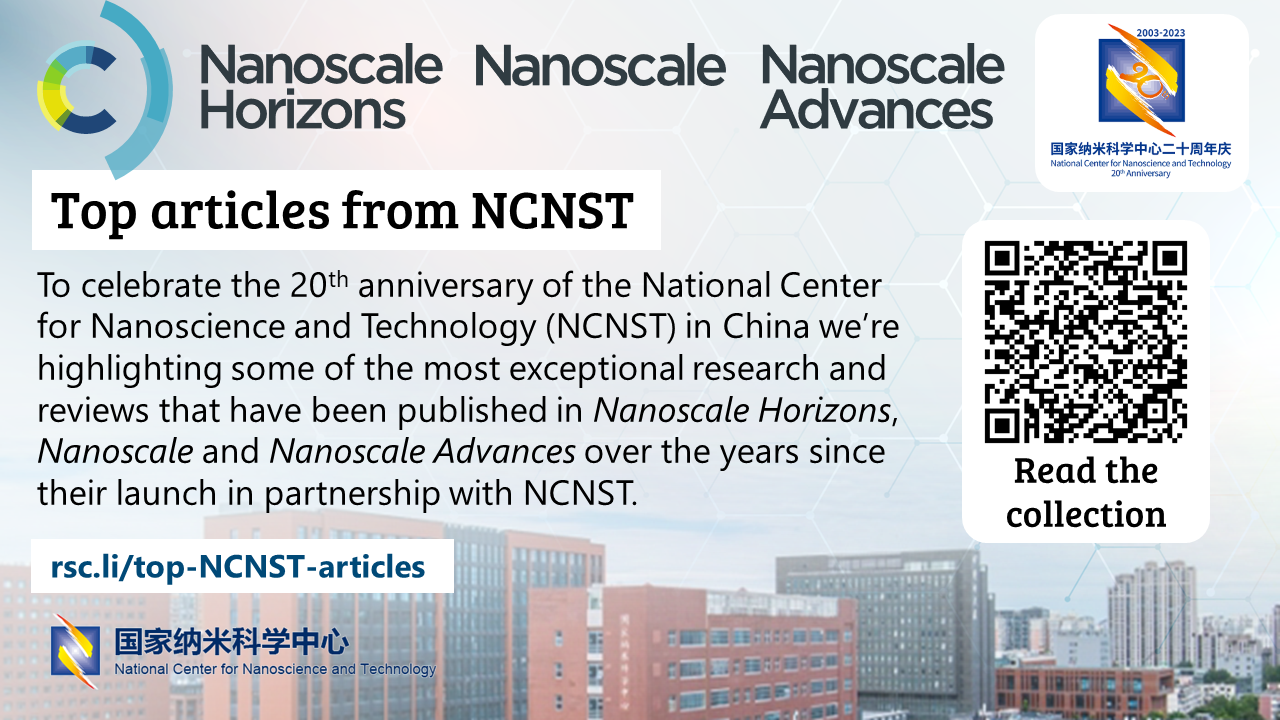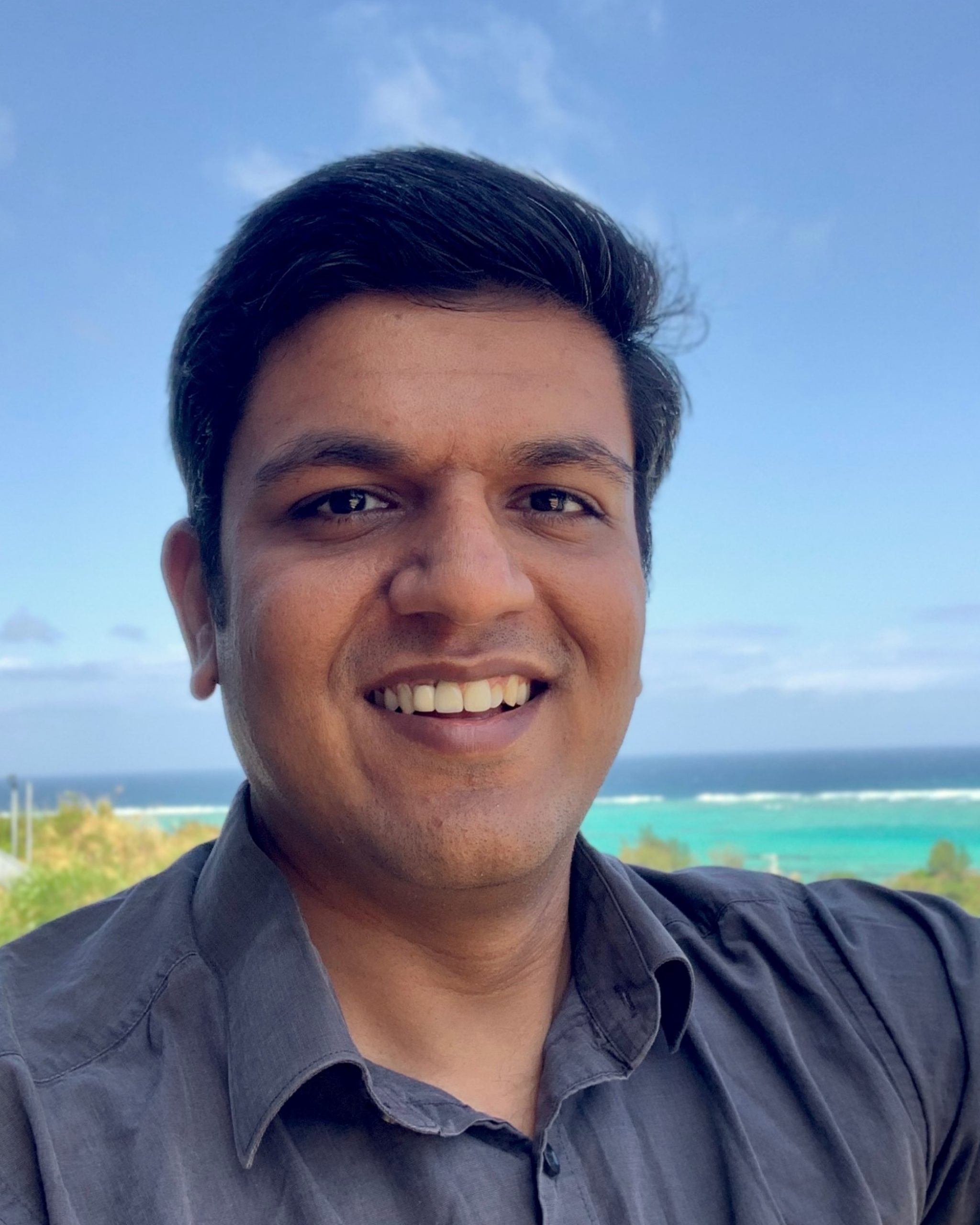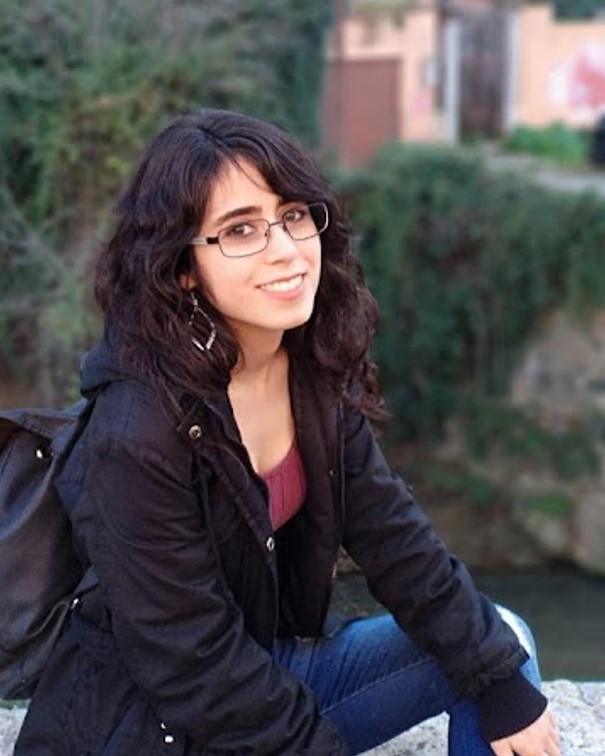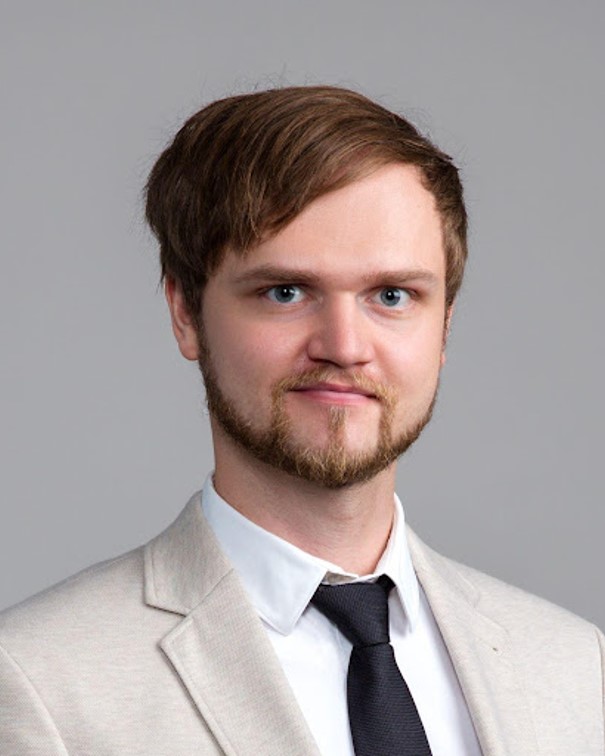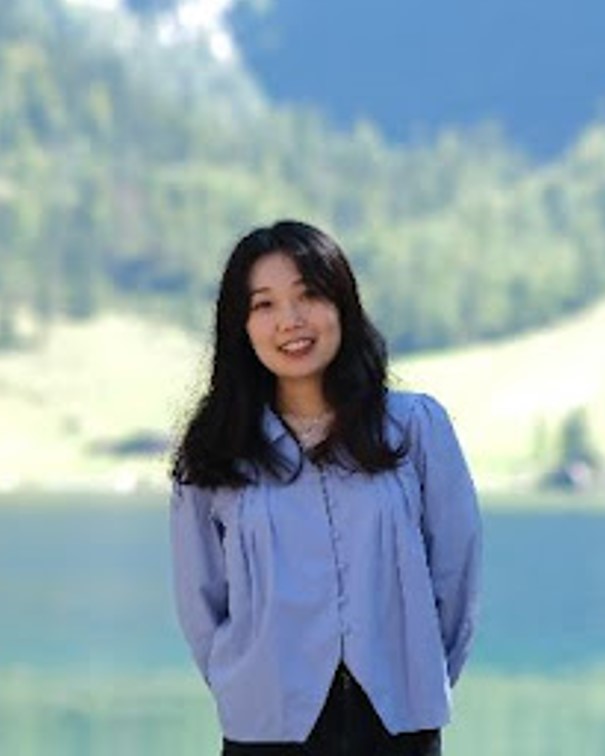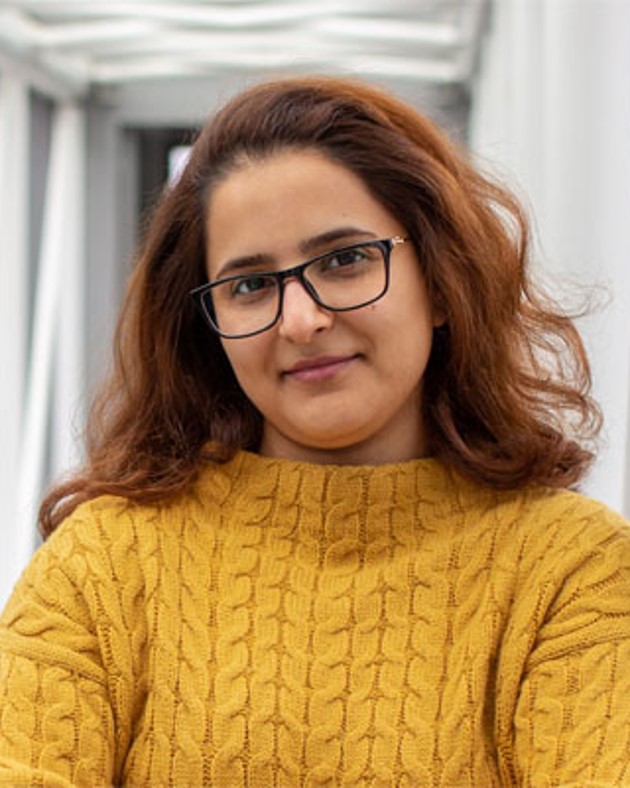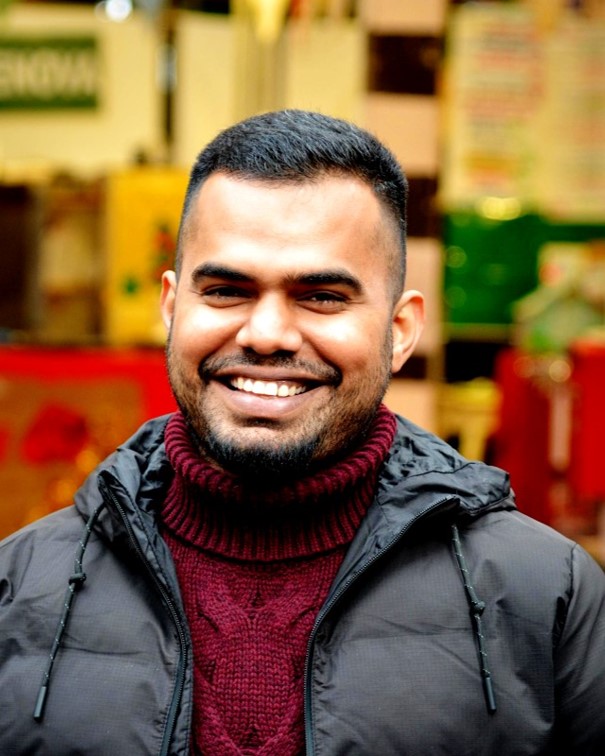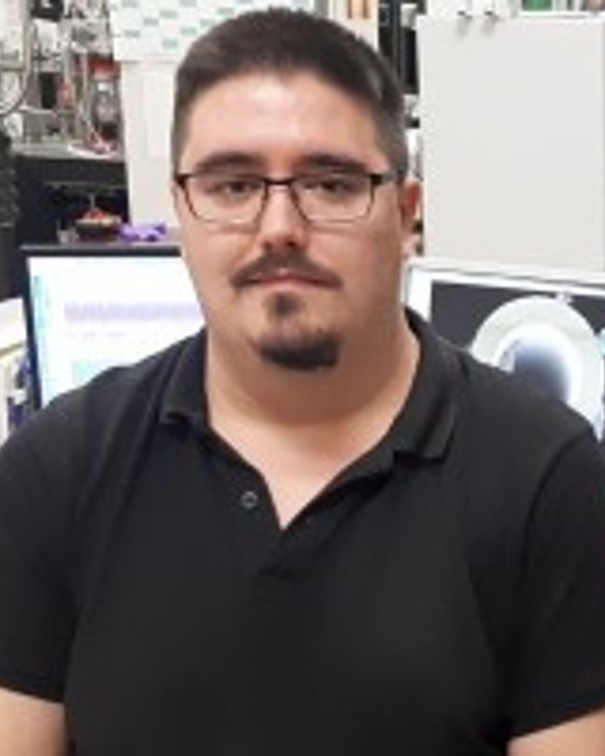Emerging concepts in nucleic acids: structures, functions and applications
Guest edited by Arun Richard Chandrasekaran, Dhiraj Bhatia, Xiaogang Liu and Prabal Maiti
Nanoscale and Physical Chemistry Chemical Physics (PCCP) are delighted to introduce our latest themed collection on DNA and RNA nanotechnology, bringing recent updates in nucleic acids research under three broad themes: structure, functions and applications. The collection focuses on self-assembly, structure-function relationships, physical chemistry and biophysics of nucleic acids, new structures and new technologies involving nucleic acid modelling and simulation and various applications in biology, medicine, robotics, materials science, computing, and other fields.
You can explore the collection and read the introductory editorial from our guest editors below, with all articles free to access until the end of September 2023.
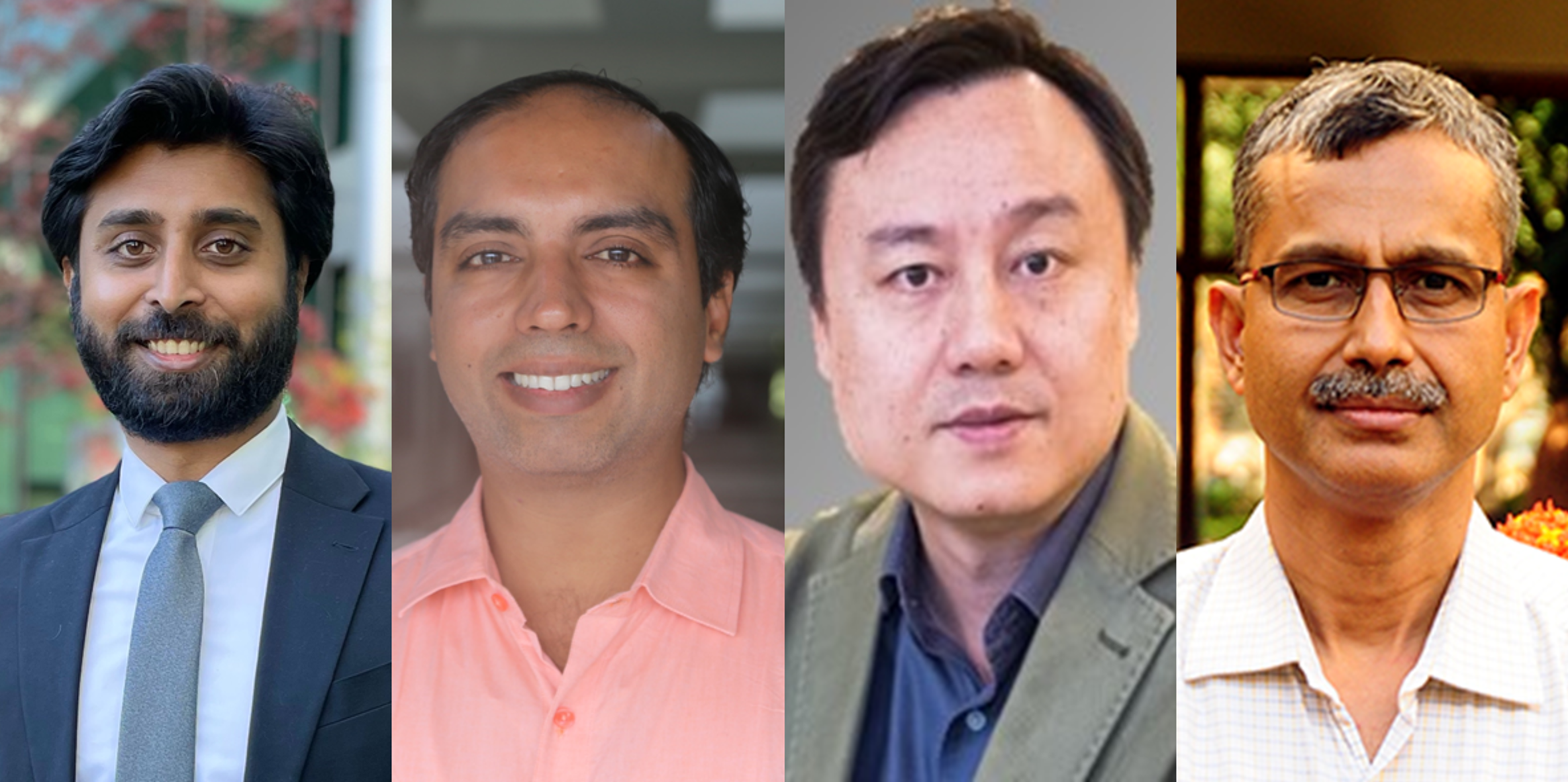
Dr Arun Richard Chandrasekaran (University at Albany, SUNY, USA), Dr Dhiraj Bhatia (IIT Gandhinagar, India), Professor Xiaogang Liu (National University of Singapore, Singapore) and Professor Prabal Maiti (Indian Institute of Science, Bangalore, India) served as guest editors for this collection and highlight the importance and potential of nucleic acids for various applications in their introductory editorial.
Read some of the featured articles below.
Utilization of DNA and 2D metal oxide interaction for an optical biosensor
Partha Kumbhakar, Indrani Das Jana, Subhadip Basu, Sandip Mandal, Saptarshi Banerjee, Subhanita Roy, Chinmayee Chowde Gowda, Anyesha Chakraborty, Ashim Pramanik, Pooja Lahiri, Basudev Lahiri, Amreesh Chandra, Pathik Kumbhakar, Arindam Mondal, Prabal K Maiti and Chandra Sekhar Tiwary
Phys. Chem. Chem. Phys., 2023, DOI: 10.1039/D3CP01402A
Tuning innate immune function using microneedles containing multiple classes of toll-like receptor agonists
Camilla Edwards, Robert S. Oakes and Christopher M. Jewell
Nanoscale, 2023, DOI: 10.1039/D3NR00333G
Creation of ordered 3D tubes out of DNA origami lattices
Johannes M. Parikka, Heini Järvinen, Karolina Sokołowska, Visa Ruokolainen, Nemanja Markešević, Ashwin K. Natarajan, Maija Vihinen-Ranta, Anton Kuzyk, Kosti Tapio and J. Jussi Toppari
Nanoscale, 2023, DOI: 10.1039/D2NR06001A
Mechanistic insight into the structure, thermodynamics and dynamics of equilibrium gels of multi-armed DNA nanostars
Supriyo Naskar, Dhiraj Bhatia, Shiang-Tai Lin and Prabal K. Maiti
Phys. Chem. Chem. Phys., 2023, DOI: 10.1039/D2CP04683K
Synthesizing the biochemical and semiconductor worlds: the future of nucleic acid nanotechnology
Jacob M. Majikes and J. Alexander Liddle
Nanoscale, 2023, DOI: 10.1039/D2NR04040A
Nanoscale and PCCP are always interested in considering high-quality articles on the synthesis, function and applications of nucleic acid nanotechnology and we would be delighted if you would consider the journals for your next submission, which can be made via the Nanoscale online submission service or PCCP online submission service. All submissions will be subject to initial assessment and peer review as appropriate according to the journals’ guidelines linked above.
We hope you enjoy reading this collection and look forward to seeing how this field progresses! Please continue to submit your exciting work on DNA and RNA nanotechnology to Nanoscale and PCCP.


